Report this entry
More from the same community-collection
Loretto Academy, Alumnae Class of '82 El Paso, Texas May 2022
Loretto Academy, Alumnae Class of '82 El Paso, Texas May 2022
Loretto Academy, Alumnae Class of '82 El Paso, Texas May 2022
Loretto Academy, Alumnae Class of '82 El Paso, Texas May 2022
Loretto Academy, Alumnae Class of '82 El Paso, Texas May 2022
Loretto Academy, Alumnae Class of '82 El Paso, Texas May 2022
Display at Class Reunion for Loretto Academy Class of '82, El Paso, TX 2022
Display at Class Reunion for Loretto Academy Class of '82, El ...
League of Women Voters of El Paso, Texas annual meeting May 2022
League of Women Voters of El Paso, Texas annual meeting May 2022
Alumnae of Loretto, Academy patio reception May 2022
Alumnae of Loretto, Academy patio reception May 2022
Black & Chicanx Community Table: Community Recipes
Shared recipes from community members and attendees of the Black ...
Black & Chicanx Community Table: Community Recipes
Featured Recipe: Tacos Dorados con Rajas y Costra de Queso by ...
Black & Chicanx Community Table: Community Recipes
Featured Recipe: Tacos Dorados con Rajas y Costra de Queso by ...
Black & Chicanx Community Table: Community Recipes
Featured Recipe: Palo a pique by Carmen Olimpia
Type: Main ...
Black & Chicanx Community Table: Community Recipes
Featured Recipe: Palo a pique by Carmen Olimpia
Type: Main ...
Black & Chicanx Community Table: Community Recipes
Featured Recipe: Chicken Piccata by Andrea Read
Type: Main ...
Black & Chicanx Community Table: Community Recipes
Featured Recipe: Chicken Piccata by Andrea Read
Type: Main ...
Black & Chicanx Community Table: Community Recipes
Featured Recipe: Vegan Pozole Verde by Susana
Type: Main ...
Black & Chicanx Community Table: Community Recipes
Featured Recipe: Vegan Pozole Verde by Susana
Type: Main ...
Black & Chicanx Community Table: Community Recipes
Featured Recipe: Pollo Colorado by Javier Segovia
Type: ...
Black & Chicanx Community Table: Community Recipes
Featured Recipe: Pollo Colorado by Javier Segovia
Type: ...
Black & Chicanx Community Table: Community Recipes
Featured Recipe: Consuelo's Salsa Verde by Natasha
Type: ...
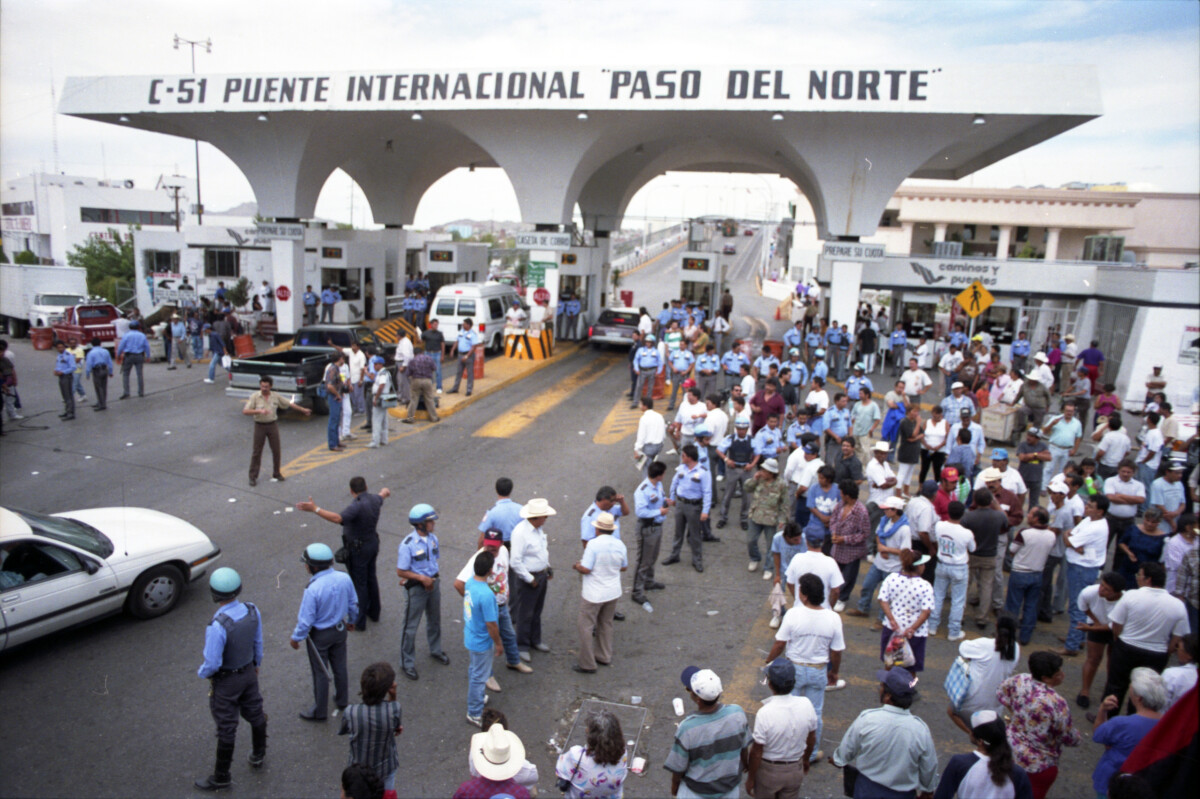
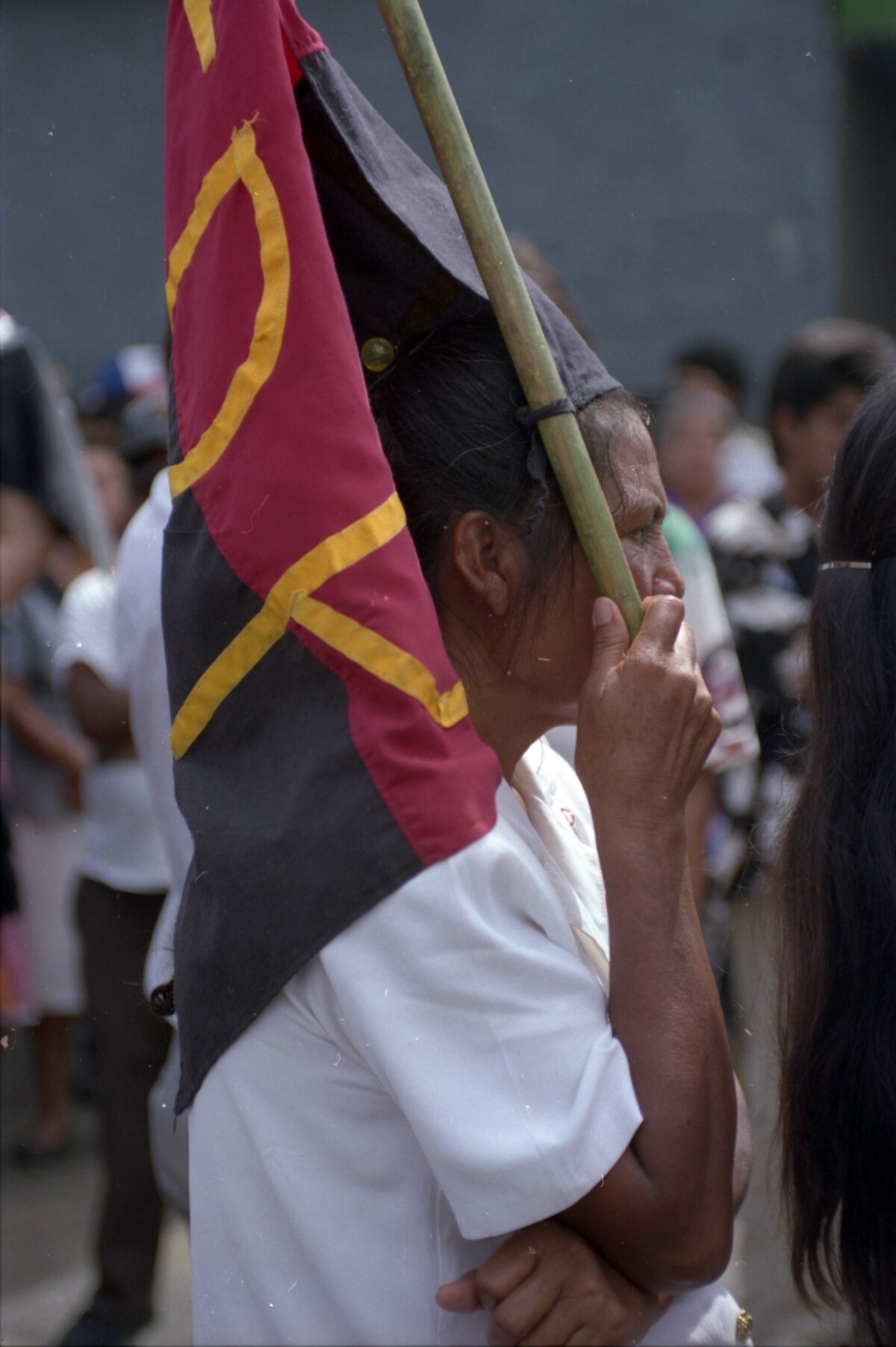
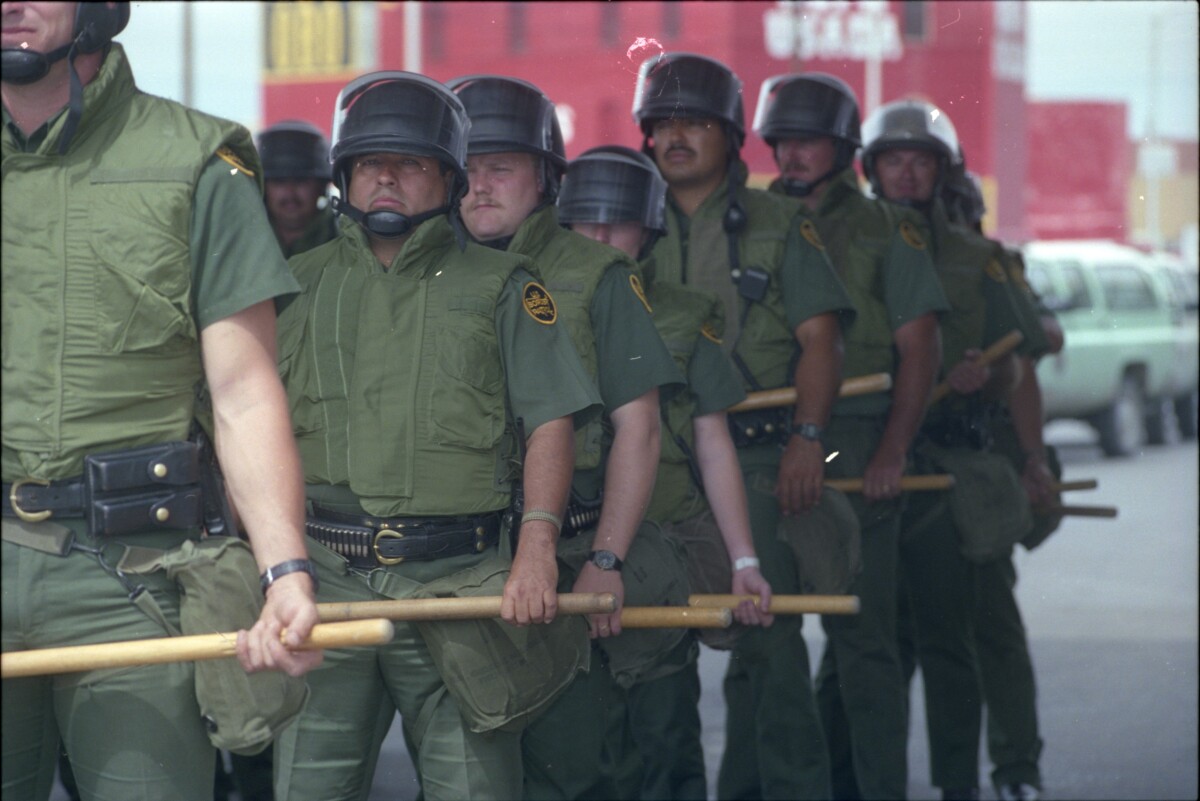
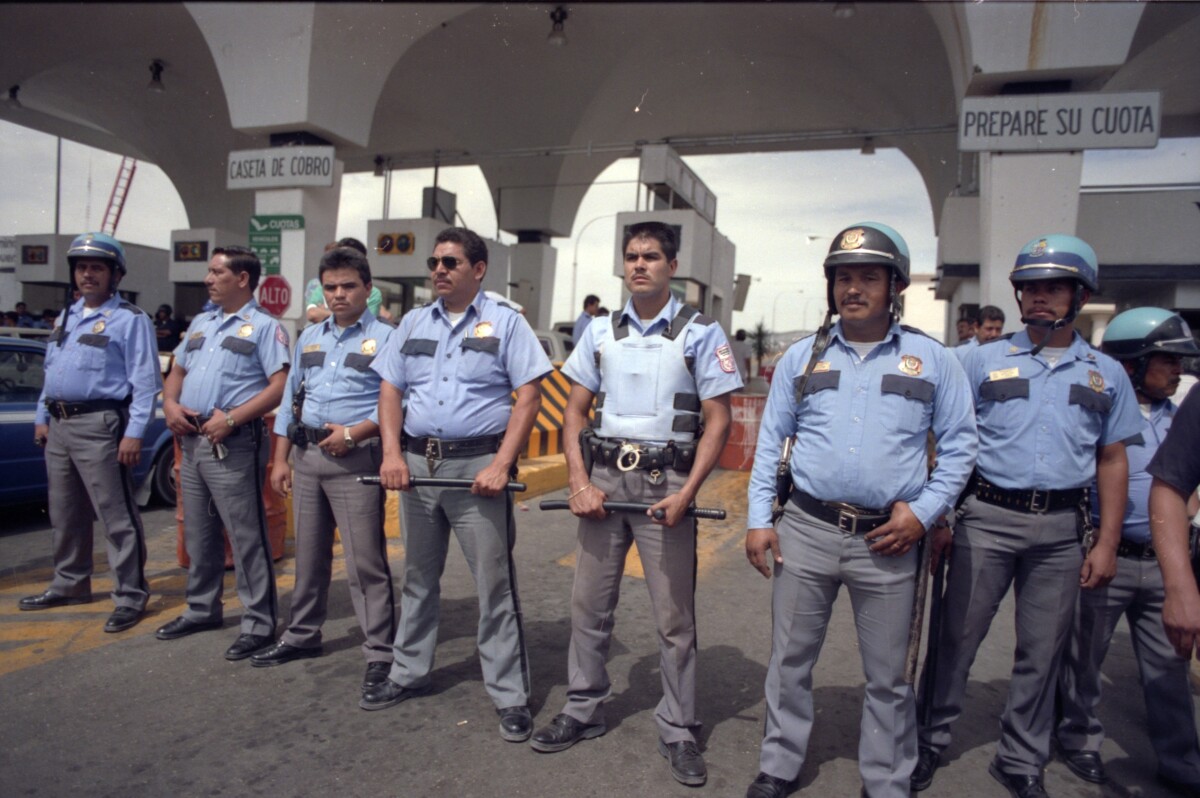
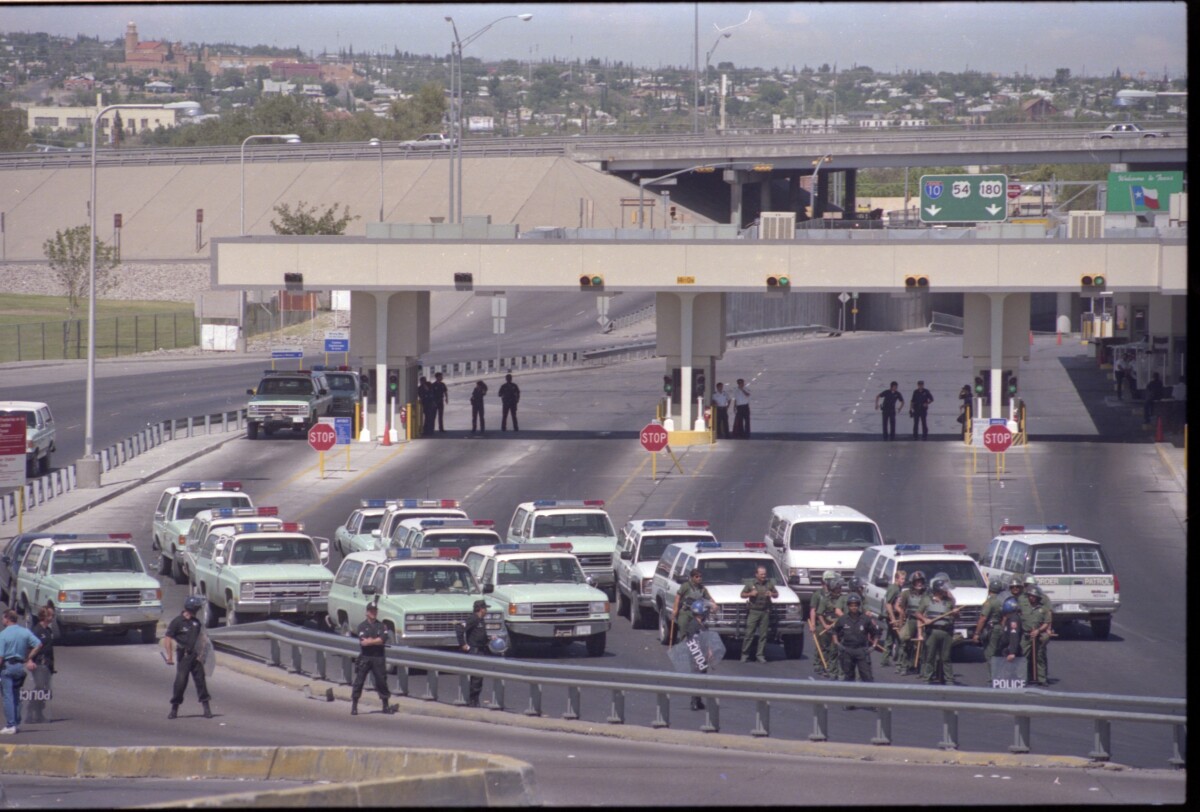
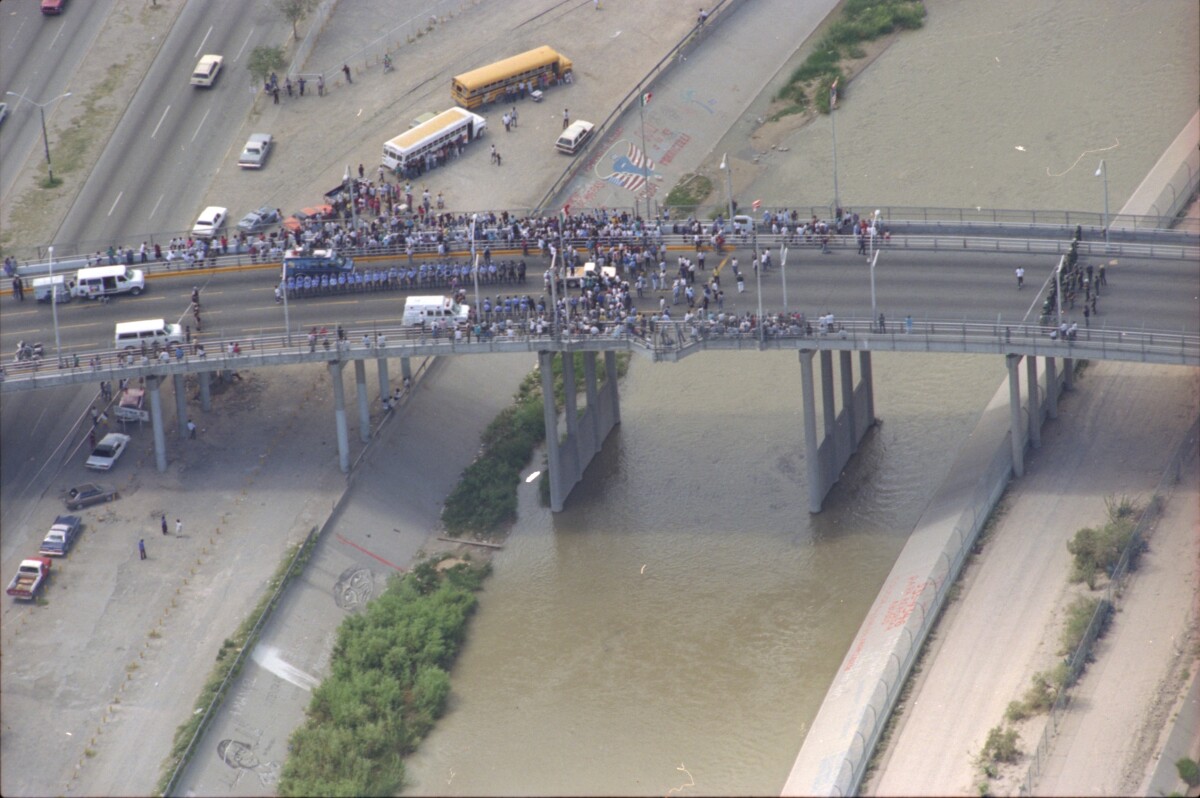
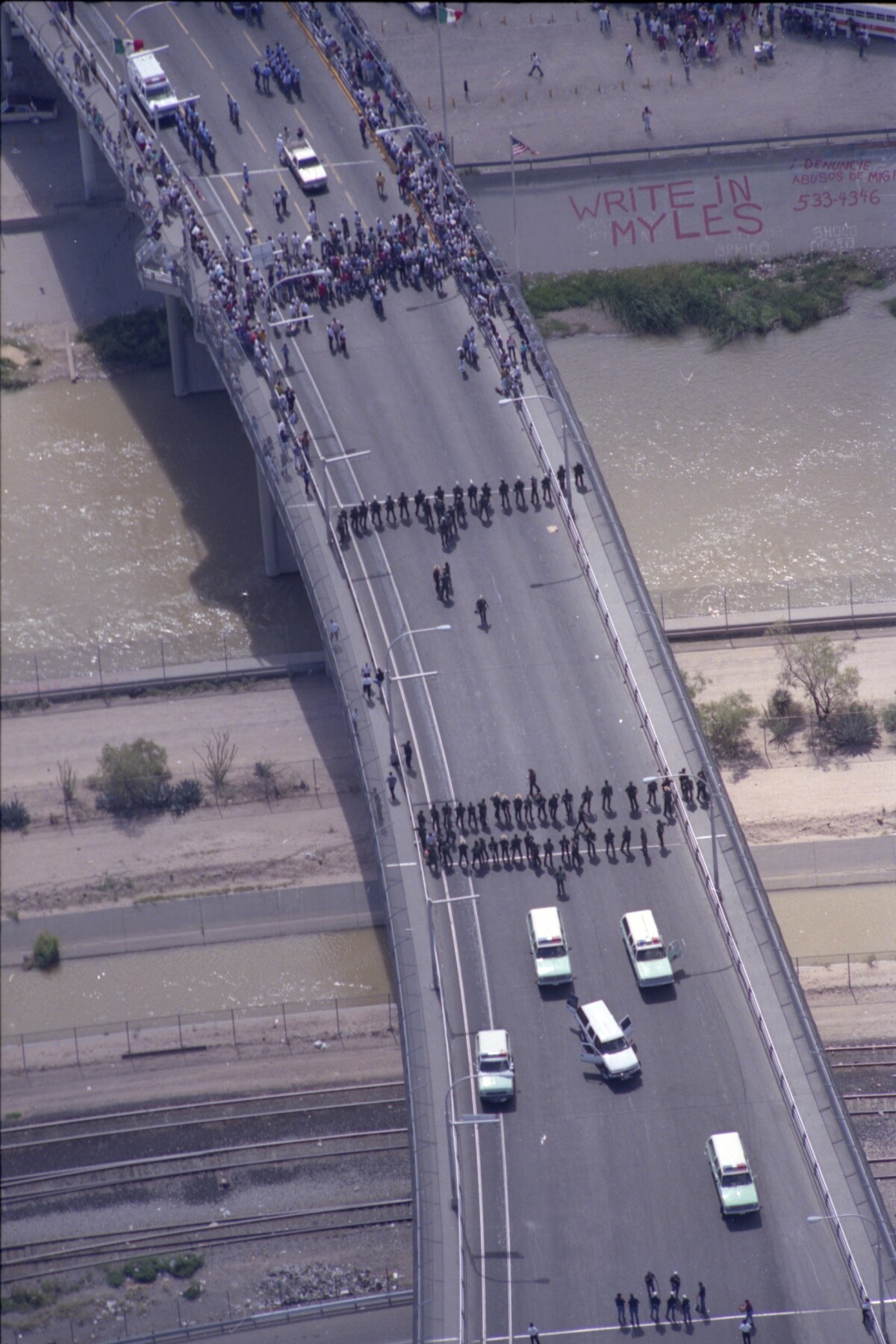





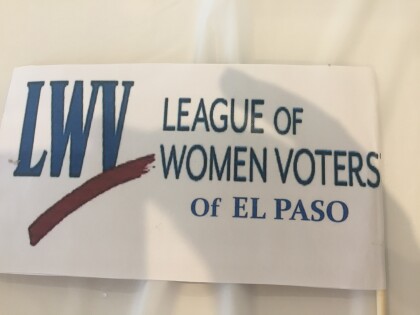
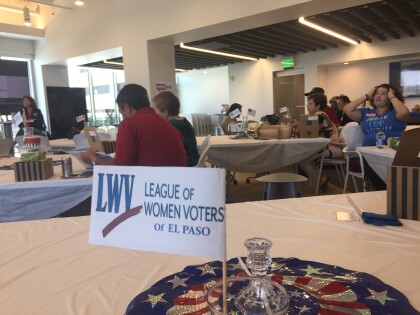
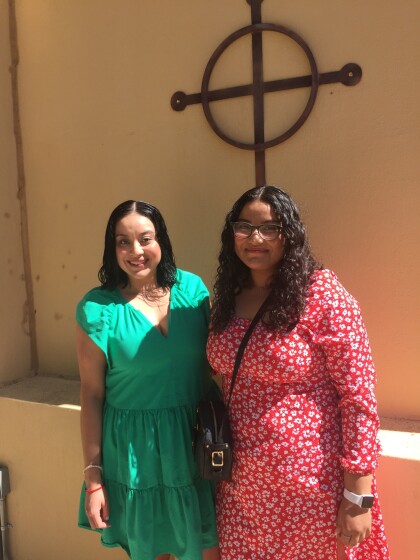

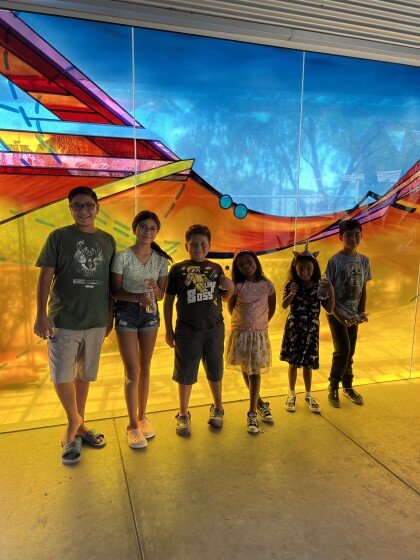

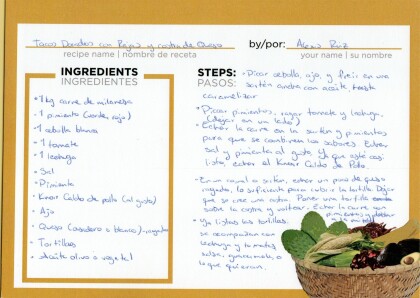











Comments
Add a comment